“Talk with crowds, keep your virtue”
Illuminating USDHS alumnus Mr. Raul Campillo’s influences, experiences, and attributes will aid his goal toward city council.
Raul Campillo ‘05 socializes and listens to community members and their concerns during his run for District 7 City Council.
As a sophomore at University of San Diego High School, Mr. Raul Campillo ‘05 strolled into his teacher Mrs. Jan Davis’s classroom after school, explaining he was busy assisting a fourth-grade teacher in her classroom.
Many years later, Mrs. Davis met this teacher.
“I will never forget what Raul’s fourth-grade teacher told me,” Mrs. Davis said. “She said what I have always said about Raul: ‘He always comes back and gives back.’ ”
Mr. Campillo found out on Super Tuesday, March 3, that he made the general election for District 7 city council after coming in first place in his respective primary, outperforming two democrats and a republican.
Mr. Campillo felt called to serve local communities since graduating USDHS, Cathedral Catholic High School’s previous institution. As a teacher of underprivileged Las Vegas elementary school students and a Deputy City Attorney of San Diego, Mr. Campillo has prioritized communal engagement.
“I always think about the quote from Mother Teresa: ‘What can you do to promote world peace? Go home and love your family,’ ” Mr. Campillo said. “If we really want to improve the world, we have to make sure that our backyard and our neighborhood is safe and taken care of.”
The last decade allowed Mr. Campillo to interact with unique people on Capitol Hill and on his neighbors’ doorsteps.
“I have been involved in campaigns for city counselors, county supervisors, members of Congress, senators and presidents, and I have seen how the whole purpose of campaigns is to go listen to people,” Mr. Campillo said. “I have knocked on more doors in the past 13 years of political involvement than most politicians will in their lives.
“I know how to bring all those messages and problems I have heard on the doorsteps together and actually turn them into policy.”
Mr. Campillo’s political interest sprouted in the eighth grade, and the USDHS student body and teachers allowed him to explore that interest while learning about the importance of service.
“In attending [USDHS], I knew I was going to get a religious education paired with practice,” Mr. Campillo said. “It is one thing to read scripture and go to bible class, but it is another thing to choose to go out to the community and live out our values.
“I take it very seriously when St. Paul says ‘faith without works is dead.’ ”
USDHS’ emphasis on service inspired Mr. Campillo’s generosity.
“The educational experience [at USDHS] really informed me,” Mr. Campillo said. “It led me to becoming a teacher after college and to doing pro bono work when I was working at the law firm. It informs me as a prosecutor as it is not about catching the defendant but about doing what’s best for the defendant and helping them overcome whatever problem they may have.”
Mr. Campillo credits his high school education for motivating his first job out of college as an elementary school teacher for underprivileged Las Vegas students.
“I think of my USDHS teachers like Jan Davis, Steve Anderson, Gary Remiker, and Marilyn Harmaning and how they were great role models and made me love the idea of being a teacher,” Mr. Campillo said. “The opportunity to join Teach For America after college and go do service was something I could not pass up.”
Eye-opening for Mr. Campillo, the Teach For America experience encouraged his interest in public policy.
“Seeing the kids, many of which were immigrants, and realizing they were living very similar lives to what my immigrant grandfather in Los Angeles lived 90 years ago, made me realize how I need to start trying to open doors [for those kids] right now,” Mr. Campillo said.
To emphasize goal setting, Mr. Campillo named each classroom table after a university to expose the young students to their potential futures. Unfortunately, he felt he did not yet have the tools to empower those underprivileged children.
Mr. Campillo knew, however, he could foster these supportive tools in a government position.
Mrs. Davis, Mr. Campillo’s former Asian studies and AP European history teacher, has maintained a close-knit relationship with Mr. Campillo. Sometimes they contact one another just to catch up while other times Mr. Campillo notifies Mrs. Davis when he recollects and applies a lesson she taught.
“Raul is tenacious,” Mrs. Davis said. “He sticks to what he says he’s going to do as he never gives up. He is intelligent and very curious, while he appreciates his roots.”
In giving back to his roots, Mr. Campillo recognizes the people, especially his parents, who allowed him to become his current self. He believes his parents’ influence inspire his industriousness and his passion.
“My mom drives every morning from El Cajon to UTC,” Mr. Campillo said. “She could have tried to find a branch closer to home and she continues to work even though she could retire, but she loves her work place and she taught me lessons of dedication and to appreciate those special work environments.”
Mr. Campillo similarly appreciates his father’s model and effort.
“My dad is an immigration attorney who has spent many late nights in Calexico, helping people immigrate to the United States,” Mr. Campillo said. “He was working extra hard to maintain a large base of clients to afford to send me to a place like USDHS and to help the immigrants.
“I definitely saw [my parents’] sacrifice and learned there is no excuse to not work hard.”
For his undergraduate degree, Mr. Campillo attended Harvard University, and as treasurer of the Harvard College Democrats, he raised money to support former President Barack Obama’s 2008 campaign. In 2012, Mr. Campillo went door to door with friends in promoting then-President Obama’s re-election campaign, and he worked on Hillary for America in 2016 on the vetting team for campaign donors.
He considered continuing his political aspirations to improve American lives by working in Capitol Hill, but he realized he could make the most positive change at home in San Diego County.
After graduating Harvard Law School, Mr. Campillo served as a prosecutor and is currently a Deputy City Attorney of San Diego, where he has had the most formative political experience, according to Mr. Campillo.
“As a deputy city attorney, I see people come across my desk who are not bad people but just made a bad decision,” Mr. Campillo said. “I look at every case and think how did this person get here, and a lot of the people are there because of addiction and mental health issues causing me to look at every case and think this is my brother or this is my sister.”
When Mr. Campillo labels these people as brothers and sisters, he is not being entirely figurative as his brother passed away five years ago from an opiate overdose.
“My brother did not commit crimes but struggled with the same things that these people are struggling from,” Mr. Campillo said. “I cannot live just staying in my lane while so many people are suffering in our city. I love my current job, but I think I am uniquely situated to bring a perspective to how we really solve many issues.”
Mr. Campillo’s brother Mr. Alex Campillo ’01 was prescribed oxycodone, a highly addictive painkiller, after he broke his leg. Alex ensued to battle addiction during a span of five years. At the age of 31, he passed due to an overdose.
“When it comes to my career, if I am not using my time to serve people who have fallen into a hole that they cannot get out of, like what my brother faced, then I am failing,” Mr. Campillo said. “Even if he didn’t pass and I did not [spend my time serving], I would be failing, but you better believe that every morning I see his picture on my cork board, and I recognize what I need to do.”
Mr. Campillo strives for the tools that will enable him to make positive changes to policy for embattled individuals. As city attorney he has some capacity to help, but as a city council member, he thinks his impact can be amplified.
“A lot of the families of those who are struggling with this type of drug addiction are under-resourced, and I am a government official who has tools,” Mr. Campillo said. “It would be immoral for me to not do everything I can to help them. I’m running for city council so there are more tools to help people.”
Alex passed 10 days before Mr. Campillo’s Bar exam, the test a law student takes to become a practicing attorney. Mr. Campillo spent the following days comforting his family. Ultimately, Mr. Campillo went into the exam with a rosary in his pocket and the realization the reason he was taking that test was so he could eventually serve people like Alex.
“Alex taught me to have empathy for people,” Mr. Campillo said. “He was his brother’s keeper, and he truly was an anti-bully who would protect those who could not defend themselves.”
When meeting Mr. Campillo, Democratic Party Regional Director Ms. Michelle Krug admired his authenticity and pragmatism.

Mr. Raul Campillo and his USDHS baseball teammates celebrate the final run in USDHS history at the 2005 CIF championship. USDHS beat Coronado High School 12-7.
“I recognized how special he was when he told me his story and explained the situation with his brother,” Ms. Krug said. “He was able to bring [what he experienced and understood about his brother] back to practical applications of what he could do on the city council to help those like his brother.”
Other attributes which Ms. Krug felt made Mr. Campillo unique was his caring and soft spoken nature, along with his critical thinking prowess.
“There is a different culture in different neighborhoods,” Ms. Krug said. “He understands those differences and those subtleties. I have seen that those people who understand those subtle differences, can make things move through and make things happen as they understand the unintended consequences on all neighborhoods of their political decisions.”
Complementing Mr. Campillo’s role models like his brother and parents, his Catholic faith informs his value system.
“Although there should be a separation of church and state,” Mr. Campillo said, “there should not be a separation from your morals. When someone sees something as a universal good or a moral good, they cannot divorce that from their politics. My religion has led me to have a better understanding of empathy which is present in my politics.”
Mrs. Davis admires Mr. Campillo’s ability to draw back on past lessons.
When he was a senior, Mrs. Davis had every student memorize the poem “If—” by Rudyard Kipling. Young Raul Campillo chose to write the first stanza of the poem on the interior of the bill of his USDHS baseball cap, keeping it in his peripherals.
And even when he took off the cap, he maintained the poem in his peripherals as he would consistently send Mrs. Davis a note when something occurred during college or his careers which reflected a line of “If—”.
Mr. Campillo lives his life allowing his education to be like a time capsule, according to Mrs. Davis. Every lesson surfaces in Mr. Campillo’s mind when it is applicable, and Mr. Campillo hopes to bring this manner of thinking to public policy where his countless dialogues and lessons can benefit his community.
“He never wanted to buck a system until he could figure out what it was about,” Mrs. Davis said.
In having a front row seat to various national and local campaigns, Mr. Campillo recognizes the core meaning of politics.
“Politics isn’t about excitement, it’s about actually improving people’s lives,” Mr. Campillo said. “I don’t look at local politics as a stepping stone, I look at it as a family and I believe that that family can expand.”
Attached here is Rudyard Kipling’s poem “If—,” an inspiration for Mr. Campillo.
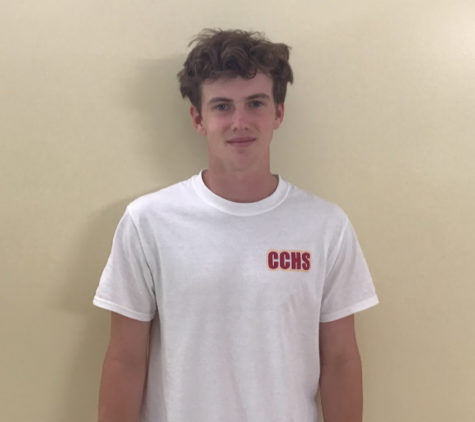
Serving as Managing Editor for two years and writing more than 20 El Cid stories prepared me for the critical role of Editor-in-Chief, where I plan to...





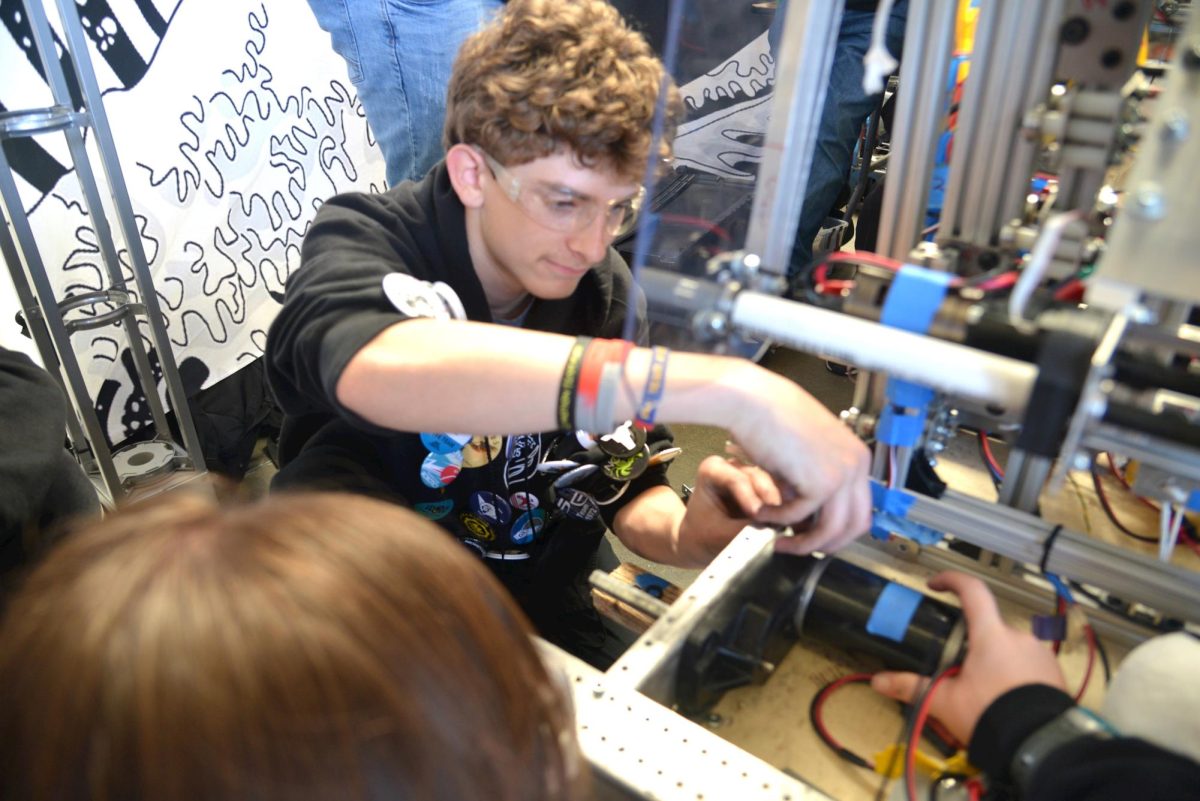
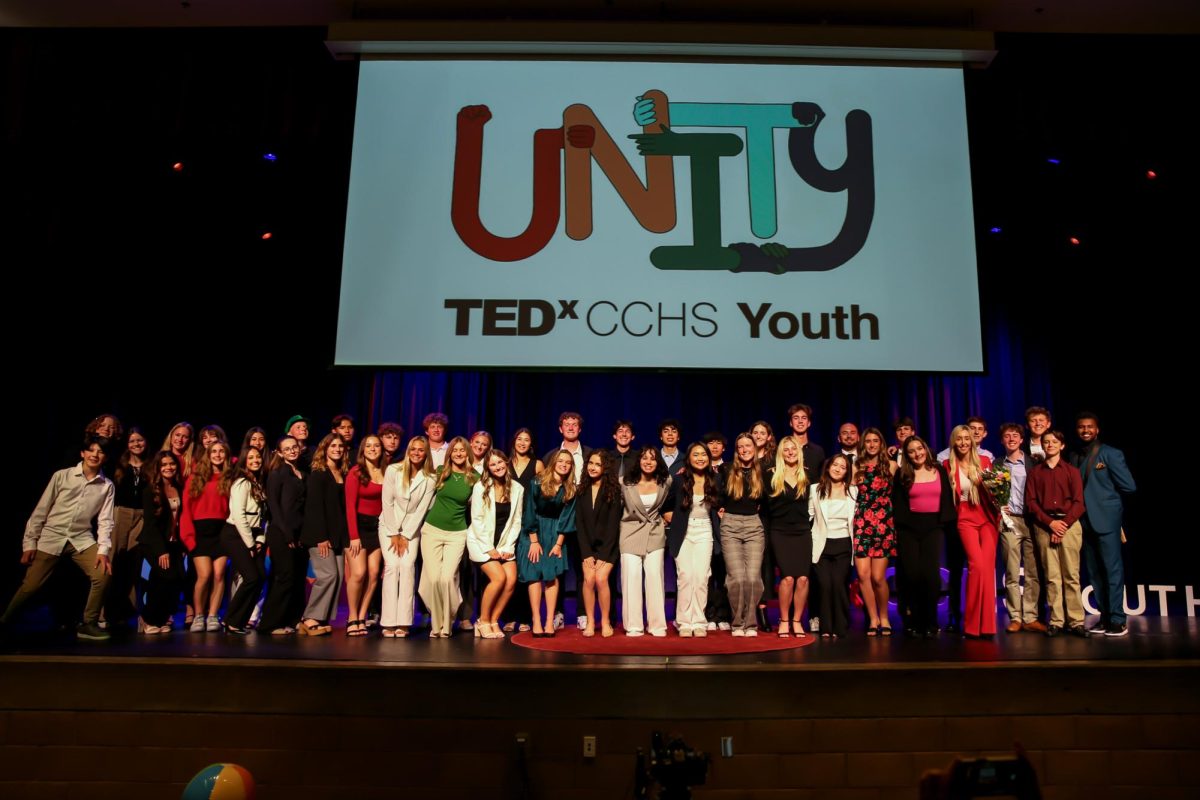


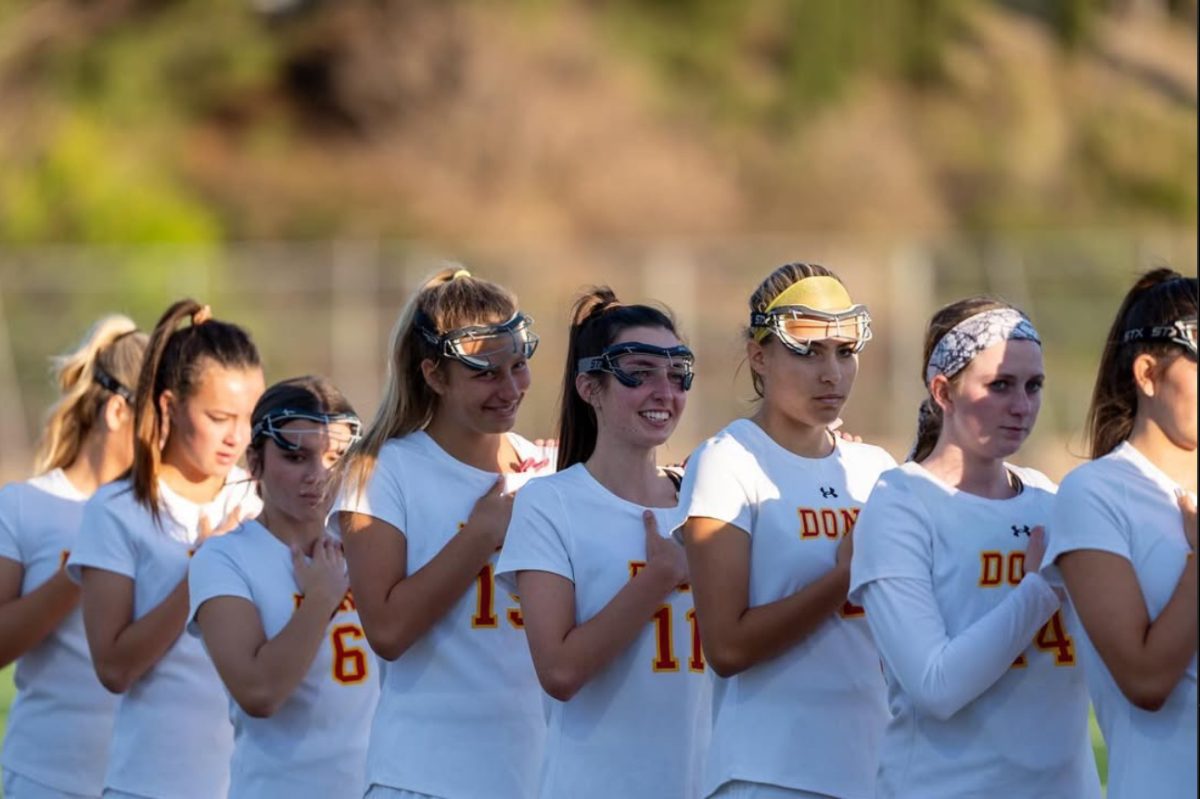
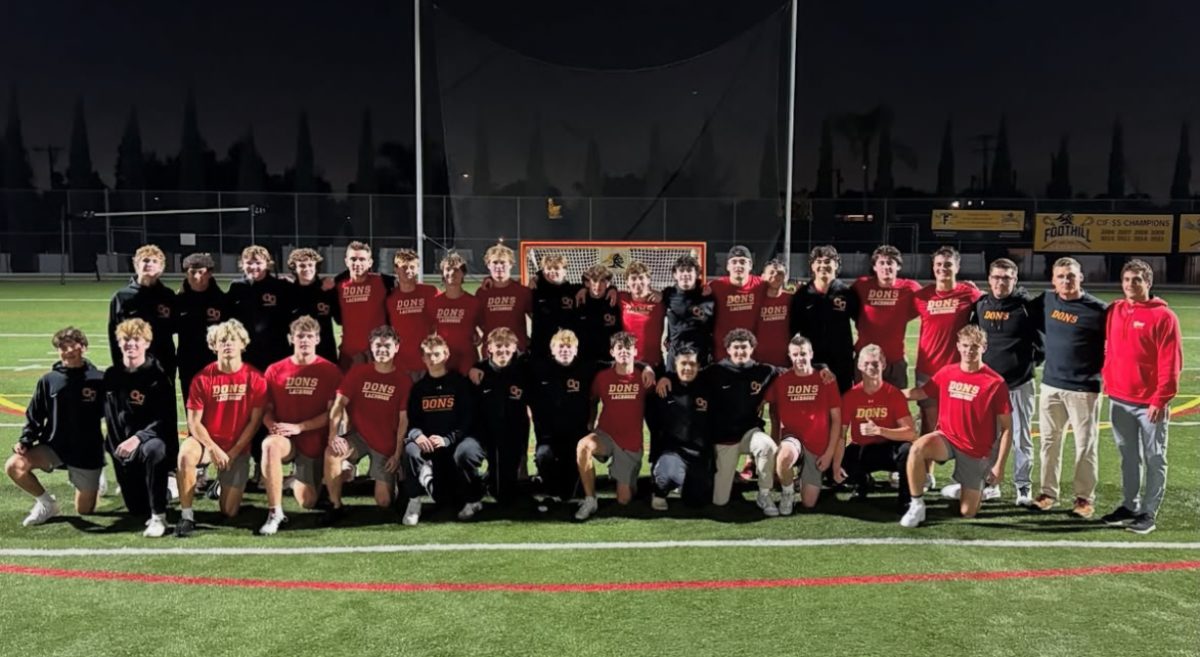



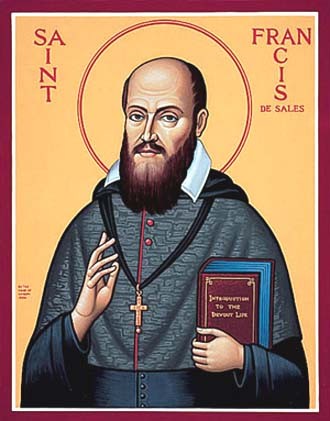
































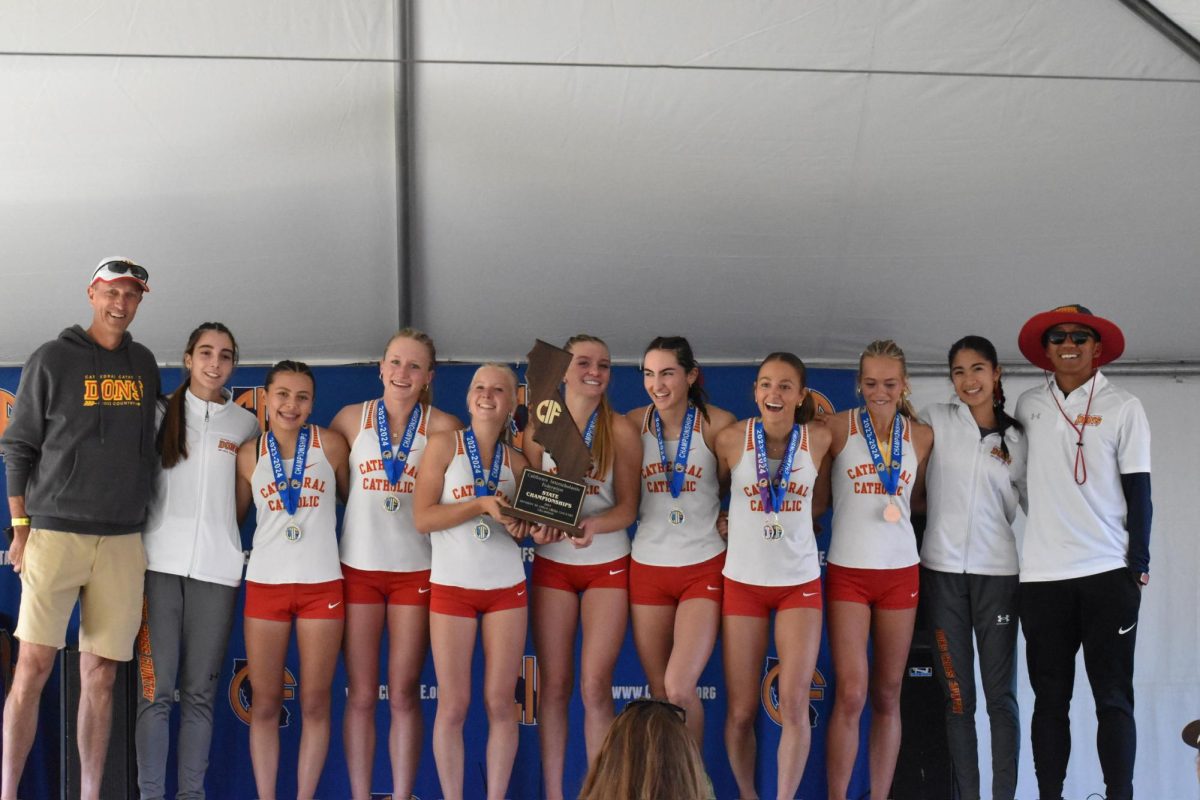






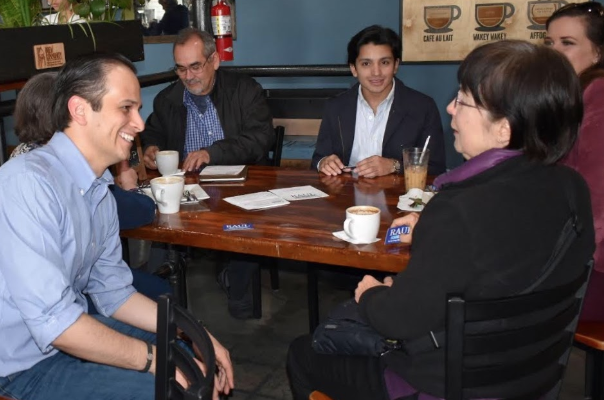
Raul's Conscience • Feb 28, 2020 at 9:20 PM
Raul is a man of contrast.
A man who tells everyone how much he loves San Diego, but he ran away from the city at 18 and only moved back when it was time to run for political office. A man who claims to be led by his Catholic faith, but is happy to say he believes in a woman’s right to choose when it suits his political aims. A man who constantly talks about his experience as a teacher, but he quit after two years to become a lawyer.
And why is it that he always seems to forget in these interviews that the majority of his career was spent as a corporate lawyer in Los Angeles?